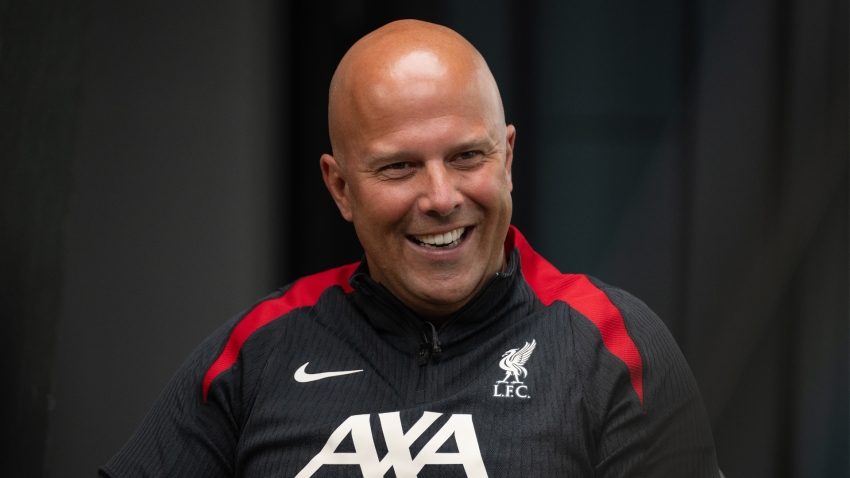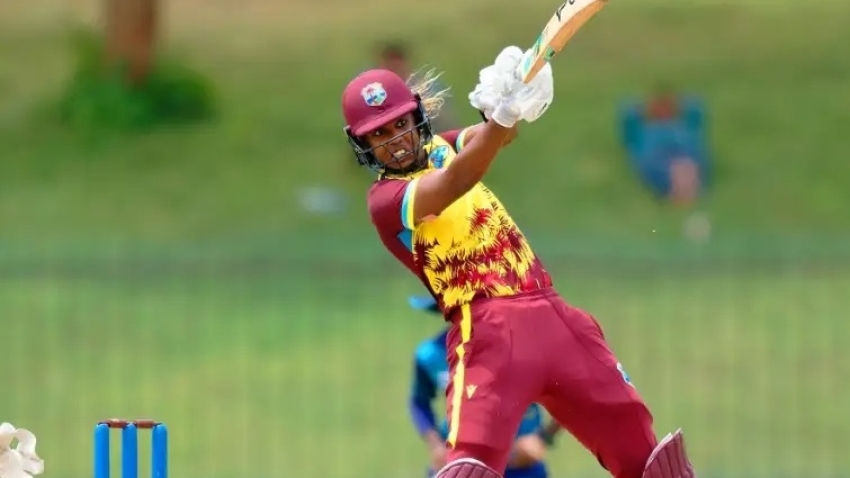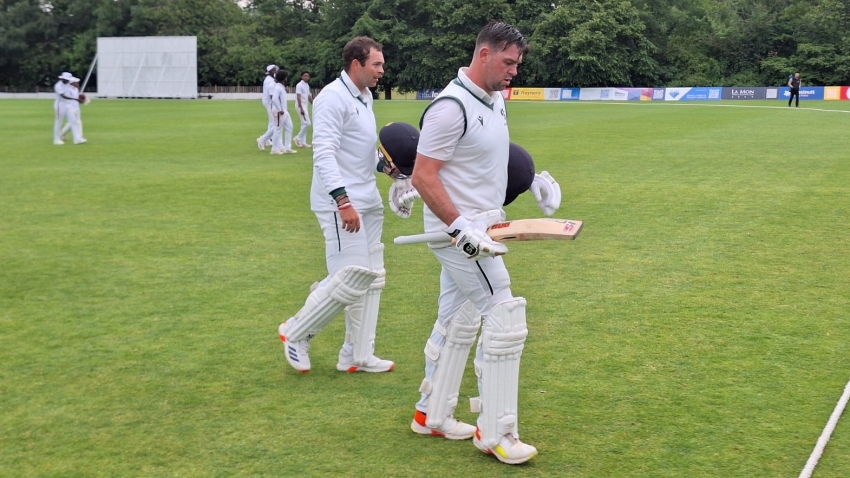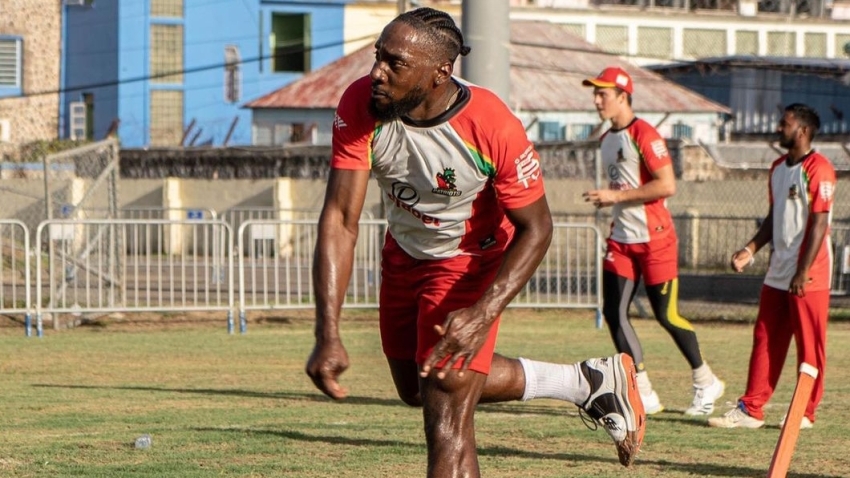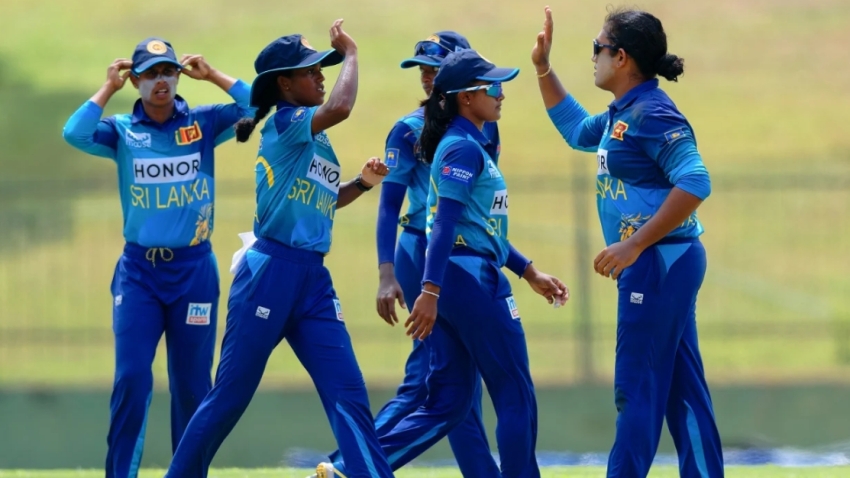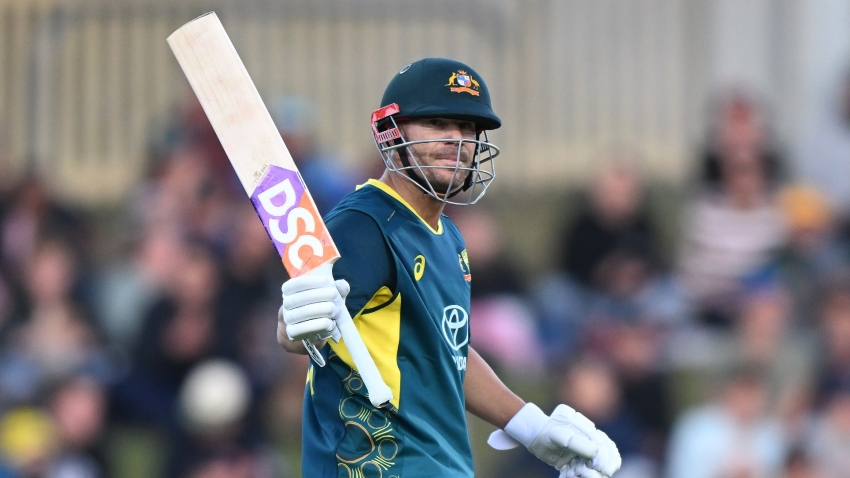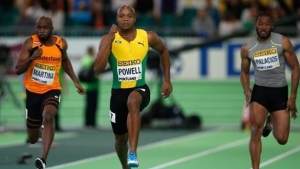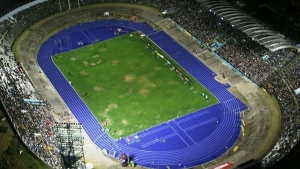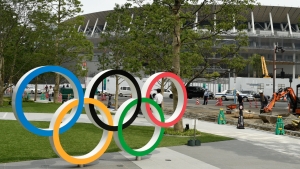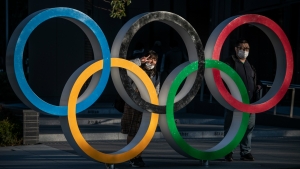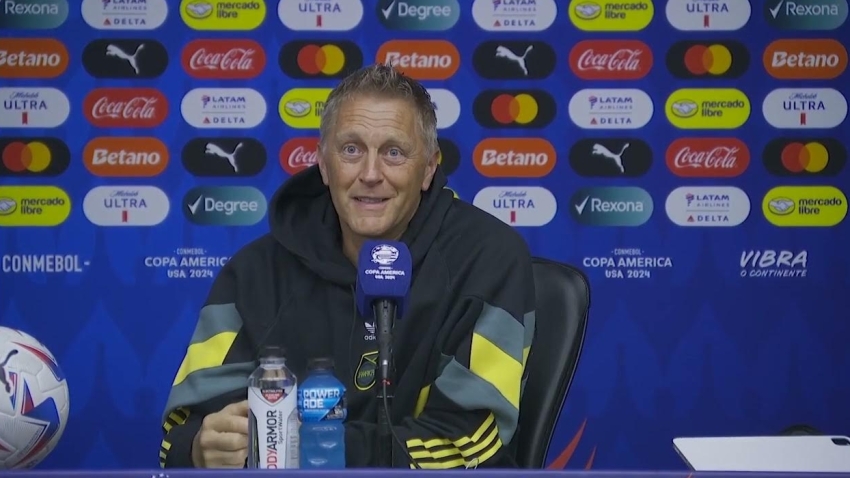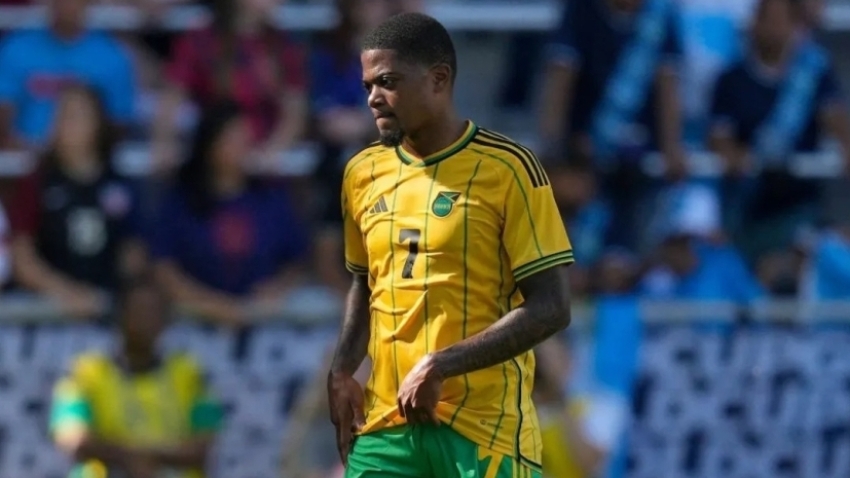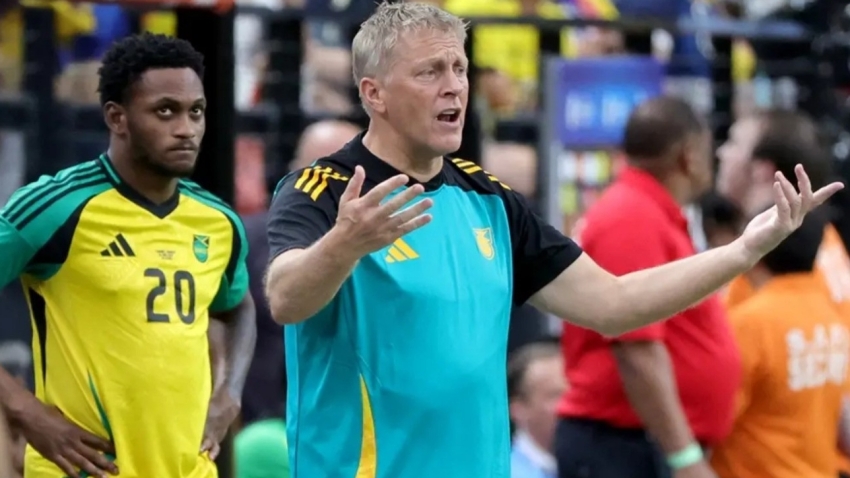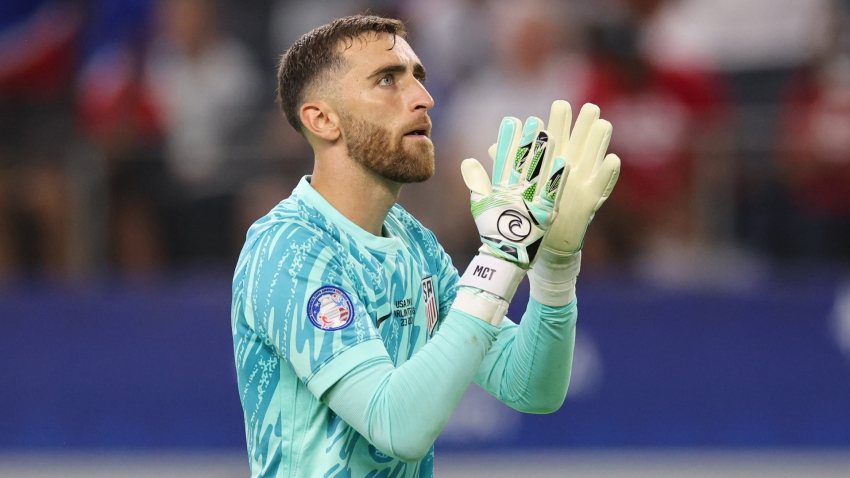Jamaica’s Sports Minister Olivia Grange has revealed that the resurfacing of the track at the National Stadium in Kingston should be complete soon and that work on the one at the Montego Bay Sports Complex at the other end of the island is to begin soon.
The refurbishing work was carried out by German company BSW, who laid the previous surface in 2010.
The installation of the previous track in Kingston was completed in March 2011 and was expected to last for at least 10 years in line with international standards.
According to AthleticsBusiness, most modern tracks are built in three layers: a paved asphalt substrate, a rubber performance layer and a textured rubber top layer. Ideally, laser-levelling the asphalt to within a 3-mm tolerance is the first step toward making a consistent running surface across the entire oval. The middle layer can be poured on-site or manufactured in advance and delivered to the site — the latter scenario ensures the greatest consistency in terms of thickness.
According to Minister Grange, most of that work has now been done and the rest should be completed within days.
“The resurfacing of the National Stadium track is 90 per cent complete. We are a few days behind due to rain, but the resurfacing will be completed by the middle of next week, after which, the marking of lanes and boxes will commence,” the minister told Jamaica’s Daily Gleaner.
She said that after the marking is completed, World Athletics will send a technician to test the track and issue the expected certification of the Class One track, the highest possible certification.
The Minister had announced in November 2020 that work on the stadium track was set to begin and that the work on the one in Montego Bay was scheduled for the 2021-2022 financial year. She had asked that the Sports Development Foundation treat the Catherine Hall Sports Complex as a priority for the next financial year which starts on April 1, 2021.
At the time, she said two factors would determine when the work gets going at the National Stadium; the first is that because the track has to be laid on a completely dried surface, it must await the end of seasonal rains.
The other factor is the ability of the manufacturers’ representatives, BSW of Germany, to come to Jamaica to supervise the project and this will depend on covid restrictions.
The resurfacing comes at an opportune time as Jamaica is expected to have its national championships in June to select a team to compete at the Olympic Games in Tokyo, Japan scheduled for July 23 – August 8.










